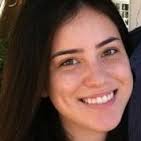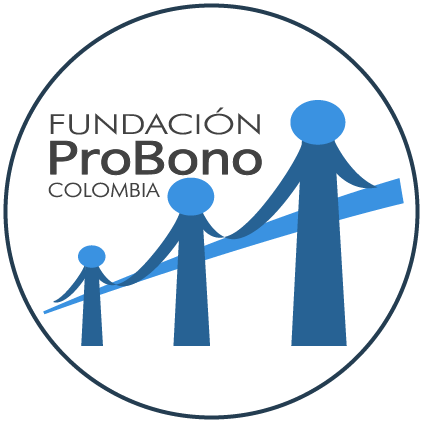By: Nicole L. Blansett

Intern pro bono internacional
New York University School of Law
As I reflect on the two months I have spent as an intern at the Fundación ProBono Colombia, the thing I return to most is a sense of community. The warm and welcoming community that has embraced me in our small office. The community made up of the network of firms, private attorneys, and sponsors that has been painstakingly built over the last eight years. The community of clients that we are called to serve. None of these communities could survive on its own. The needs of the clients that contact us would not be met without the willingness and enthusiasm of attorneys to participate in pro bono practice, and the success of those attorneys isn’t possible without the full support of their firms and colleagues.
I chose to spend my 1L summer at FPB knowing that I would be spending my 2L summer as a summer associate at a firm. I wanted this summer to be a bridge between my intention to work in private practice and my desire to use my law degree to serve my community. When the summer began I still thought of pro bono work as a gift, a service to be undertaken out of a sense of ethical or moral duty. But working at FPB I’ve seen first-hand how pro bono practice benefits the whole community of actors, not only the clients.
Young attorneys receive valuable legal experience and high levels of responsibility, while developing leadership and time management skills. Firms gain networking opportunities with outside counsel and organizations, while building their reputation and work culture. The client receives high quality legal services. And we all benefit from living in the more just and equitable legal system that results.
In Colombia I’ve had the unique opportunity to see another country’s courts and Constitution in action. I’ve been particularly fascinated by the right to petition and the writ of tutela, which have no equivalent in the US. Living and working abroad has allowed me to appreciate the strengths and flaws of my own country’s legal system in areas as diverse as our criminal appeal process to the structure of pro bono programs at NYC’s white shoe firms.
My experience here has reaffirmed both my commitment to seek out pro bono work in my future career and my intention to pursue Latin American practice group work. I would wholeheartedly recommend an internship at FPB to other foreign trained law students, particularly those interested in policy work, civil law systems, and promoting pro bono practice in their home countries. I’ll be returning to NYU this fall with much stronger legal Spanish, new friendships, and a really excellent book on Colombian constitutional law by Manuel Fernando Quinche Ramírez.





